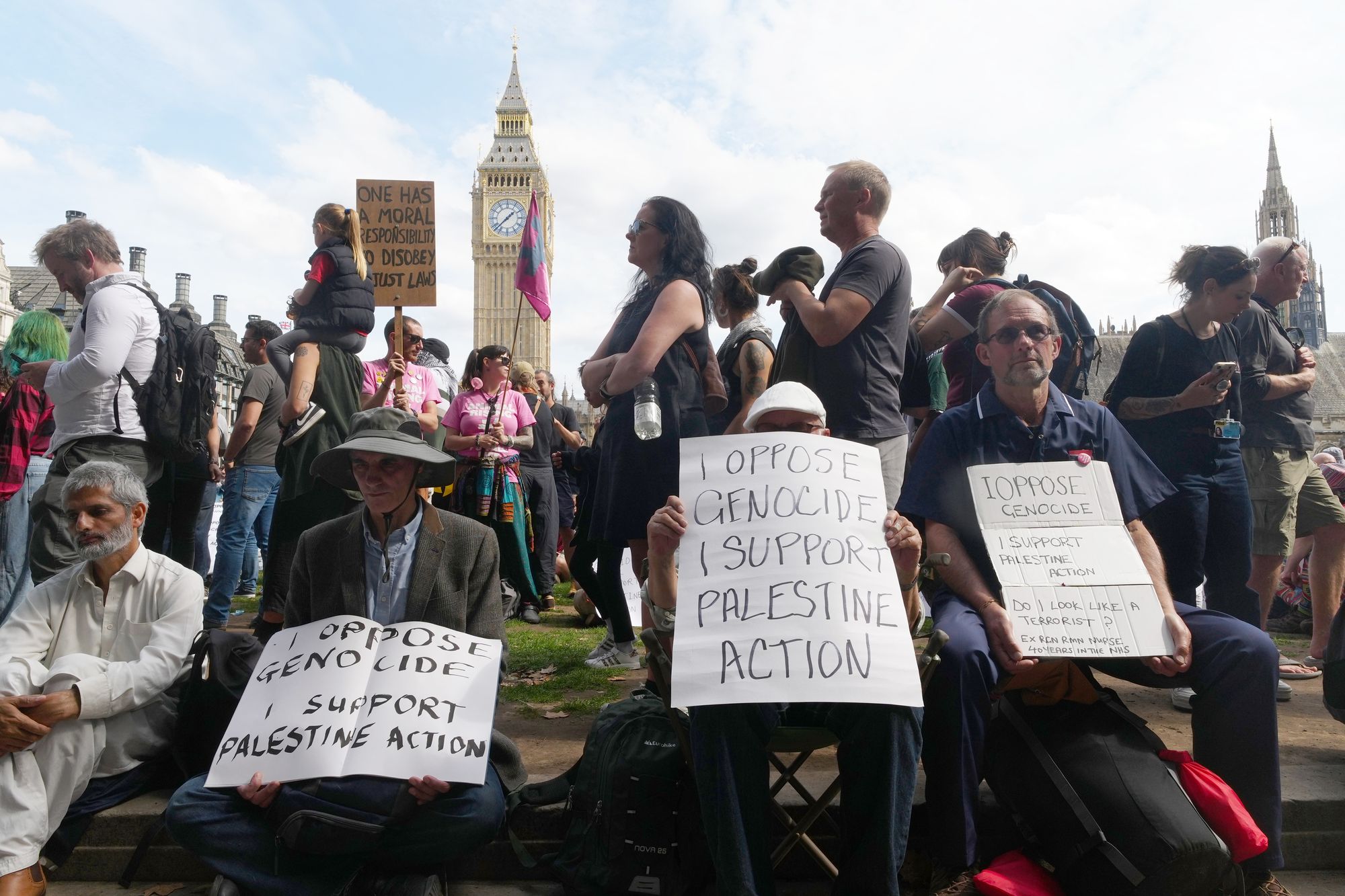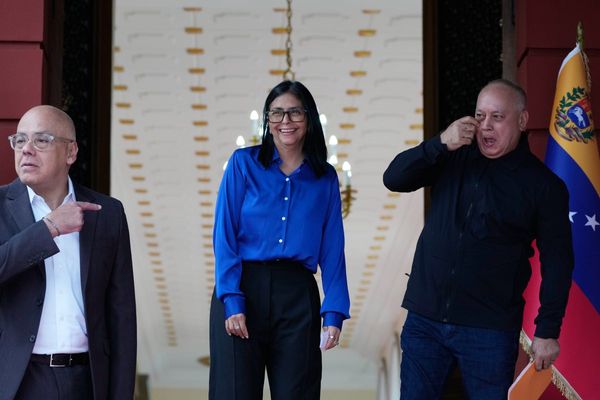Normal People author Sally Rooney has claimed she will be unable to publish any new work in the UK while protest group Palestine Action faces a terror ban.
The Irish author, who has two of her novels adapted for TV by the BBC, has been supportive of the activists, saying they are “plainly not a terrorist organisation” and condemned the government’s decision to proscribe them.
She said in August that she intended to use the earnings from her work and her public platform to continue to support Palestine Action.
Now, in a witness statement submitted to the High Court, Ms Rooney said that it is “almost certain that I can no longer publish or produce any new work within the UK while this proscription remains in effect”.
She claimed: “If Palestine Action is still proscribed by the time my next book is due for publication, then that book will be available to readers all over the world and in dozens of languages, but will be unavailable to readers in the United Kingdom simply because no one will be permitted to publish it (unless I am consent to give it away for free).”
Ms Rooney said this would be because her UK publishers are unsure whether they will be able to pay her for her work, due to the risk that she could use this money to support Palestine Action.
She also said that her books may have to be withdrawn from sale as their publication is based on royalties on sales, and the non-payment of the royalties would mean she could terminate the contract.
Ms Rooney’s best-selling work includes Conversations with Friends and Intermezzo.
She added: "If, therefore, [her publisher] Faber and Faber Limited are legally prohibited from paying me the royalties I am owed, my existing works may have to be withdrawn from sale and would therefore no longer be available to readers in the UK.”
Following her pledge to donate money to the group, Downing Street said that any support for a proscribed organisation was a criminal offence.
Palestine Action co-founder Huda Ammori has taken the government to court over the terror ban, arguing that the impact of the proscription was “dramatic, severe, widespread and potentially lifelong”.
Raza Husain KC, for the claimant, said that the decision by then-home secretary Yvette Cooper to proscribe the organisation in June 2025 was “novel and unprecedented”. He told the High Court: “This is the first direct action civil disobedience organisation that does not advocate for violence ever to be proscribed as terrorism.”
He added that the decision, which Ms Cooper faltered over, was “so extreme as to render the UK an international outlier”.

Mr Husain also told the court that there had been more than 2,000 arrests following Palestine Action’s proscription, which included “priests, teachers, pensioners, retired British Army officers” and an “81-year-old former magistrate”.
During a hearing on Wednesday, scores of people assembled outside the Royal Courts of Justice holding placards which read “I oppose genocide, I support Palestine Action”. Several demonstrators were carried away by police officers.
Sir James Eadie, for the government, told the court on Thursday that it was for parliament to decide what acts constituted terrorism.
He explained that the home secretary had been advised by a group of security experts that certain actions of Palestine Action did qualify as terrorist acts.
Sir James said the ban "strikes a fair balance between interference with the rights of the individuals affected and the interests of the community".
The barrister also emphasised that the ban has not prevented people from protesting against Israel's actions in Gaza or in support of Palestinians.







